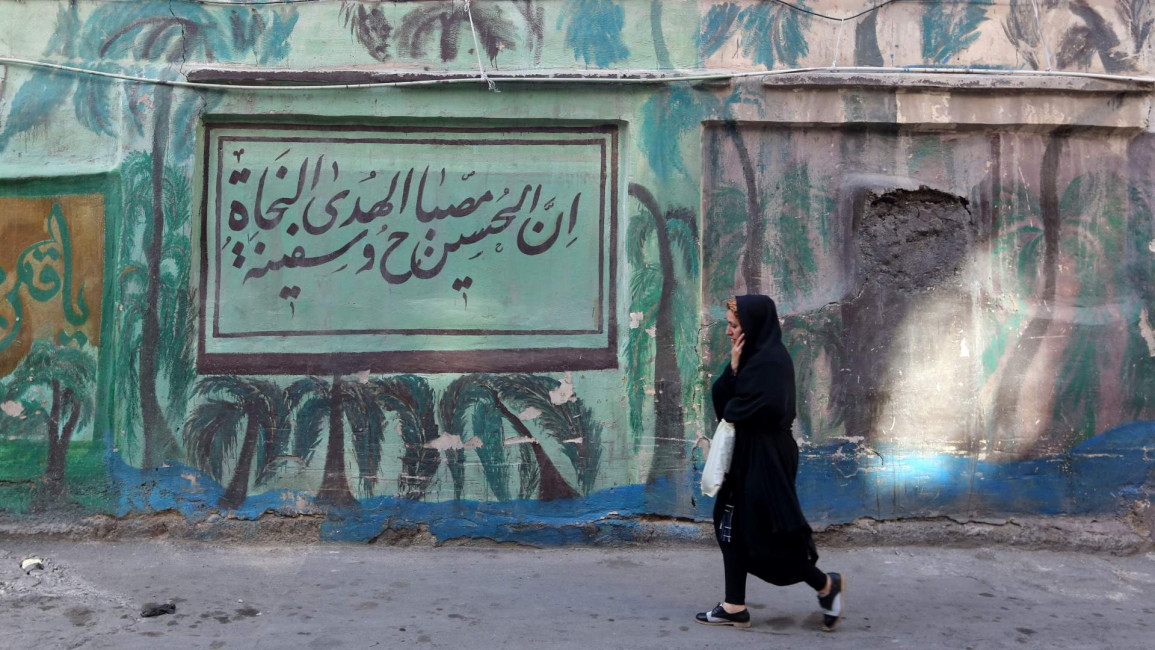Iranian clerics urge police to 'make surroundings unsafe' for women who wear 'loose hijab'
Two senior Iranian clerics have called on police to "make surroundings unsafe" for women who do not wear the hijab according to the strict standards promoted by the Islamic Republic.
In a meeting with intelligence and military officials on Friday, hardline conservative Ayatollah Yousef Tabatabei Nejad decried women who "removed their hijab" as well as those who wore "loose hijab".
He said that authorities had a duty to make "surroundings unsafe" for women falling under both categories, and that police should have "more authority" to deal with them, without specifying details.
Read also: Turkey 'will not deport' Iranian anti-hijab activist following her arrest: officials
The comments of Tabatabei-Nejad, a representative of Iran's Supreme Leader Ali Khamenei in the central province of Isfahan, were echoed by his counterpart in the province of North Khorasan, Abolqassem Yaqoubi.
In a recent unspecified Friday prayer sermon, Yaqoubi said that "bad hijab" was a "dangerous virus" and that the country's authorities should make "the life of bad hijab unsafe", Radio Farda reported.
In 2014, similar statements from religious figures were believed to have prompted a wave of acid attacks of women in Isfahan.
While the mid-ranking cleric Mohammad Taqi condemned the 8 recorded acid attacks that followed his call for a crackdown on "unveiled people", widespread panic and protests ensued.
Iranian social media users have slammed Ayatollah Tabatabei-Nejad for his remarks, which follow similar misogynistic statements made by the cleric in the past, and have published photos of the acid attack victims in Isfahan in a call for an end to violence against women.
Follow us on Facebook, Twitter and Instagram to stay connected



